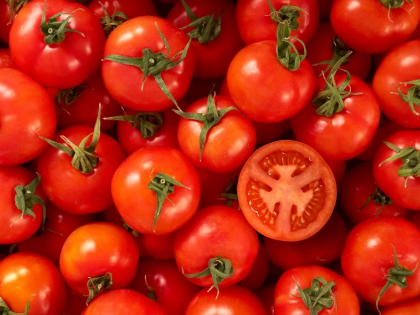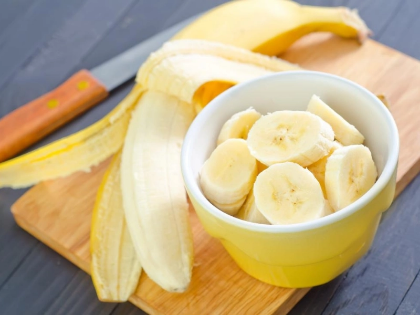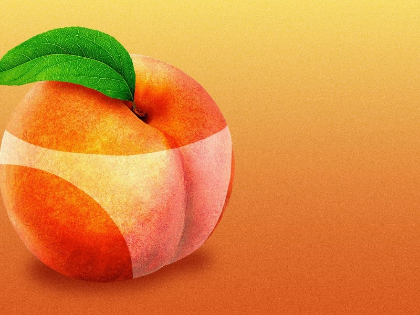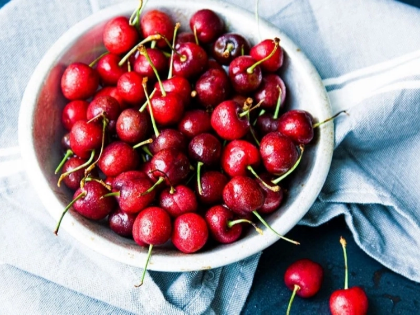The most popular fruit in the world is the tomato. They taste great in a refreshing salad or a hearty tomato sauce. Additionally, they include a lot of lycopene, potassium, vitamin C, and folate.
Because they are members of the nightshade family, or Solanales order, tomatoes were traditionally believed to be poisonous. As a result, stories spread that eating tomatoes coated with lead from pewter plates would kill a noble.
The tomato is a fruit.
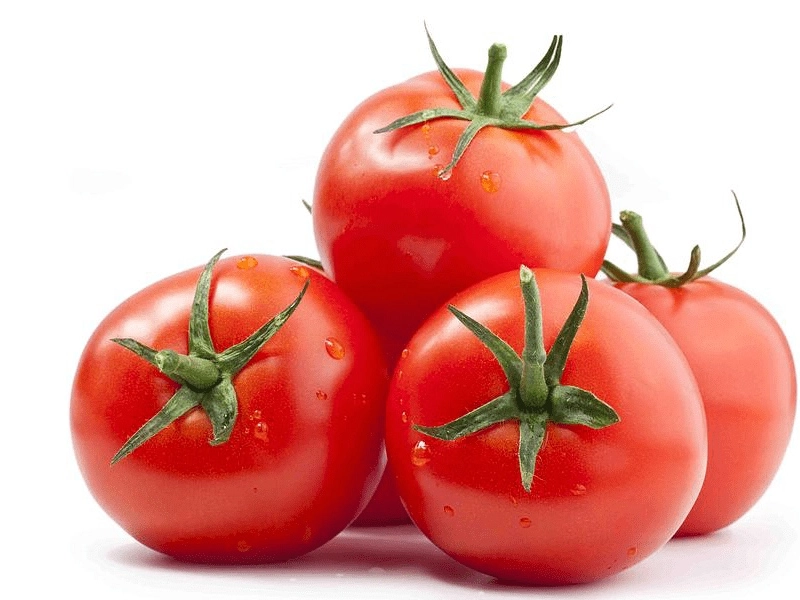
Advertisement
Tomatoes are both fruits and vegetables, despite what they may seem like. The botanical and culinary definitions of the names account for the variance between the two. A fruit is a fleshy, typically delicious substance that has seeds in botany. Tomatoes fulfill this criterion exactly, but since they also have seeds and are consumed with food, they are classified as vegetables. A vegetable is a component of a plant that is consumed with the main course of a meal, like spinach or beans. Given that tomatoes belong to the Solanales order, which is the same family as deadly nightshade, this classification makes sense.
Although tomatoes are frequently mistaken for berries, they are more closely related to vegetables. They are considered fruits from a botanical standpoint since they have ripened ovaries and seeds. However, because they are utilized in savory meals, dietitians and chefs also classify them as vegetables. A tariff dispute in 1893 gave rise to the argument over whether tomatoes belong in the fruit or vegetable category. To dodge the 10% duty on whole veggies, John Nix and his business were bringing tomatoes into New York. Edward Hedden, the port's collector, declared that tomatoes constitute fruit and required Nix to pay the duty. Hedden v. Nix is the name given to the dispute.
It's a veggie.
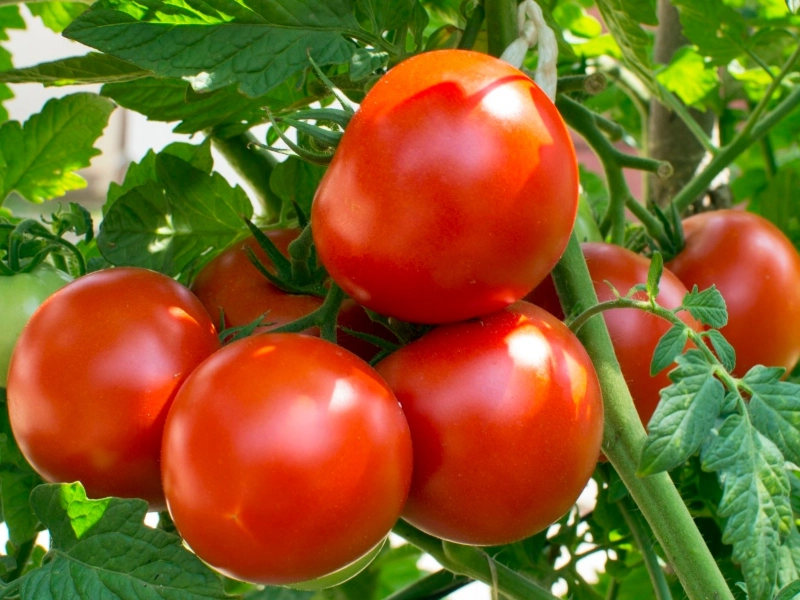
From tomato soup and pasta sauces to pizza toppings, tomatoes are a common ingredient in many dishes. Nutritionists classify them as vegetables even though they are fruits. They are utilized in savory cuisines despite having a rougher texture than most other fruits and being less sweet. Cucumbers, squash, peppers, and potatoes are some additional items that can be classified as both fruits and vegetables. In terms of botany, tomatoes are considered fruits since they have seeds and an ovary that has been fertilized. But as they are frequently served as veggies, they qualify toward the daily requirement of two servings of fruits and vegetables for students participating in the US school lunch program.
Tomatoes are a rich source of vitamins, minerals, and antioxidants. They are also high in fiber, which has been linked to a lower risk of diabetes, heart disease, and cancer. This is why it's so crucial to consume them frequently. To some, though, it's unclear whether tomatoes are considered a fruit or a vegetable. This post will discuss the solution to this venerable conundrum.
They are a type of vine fruit.
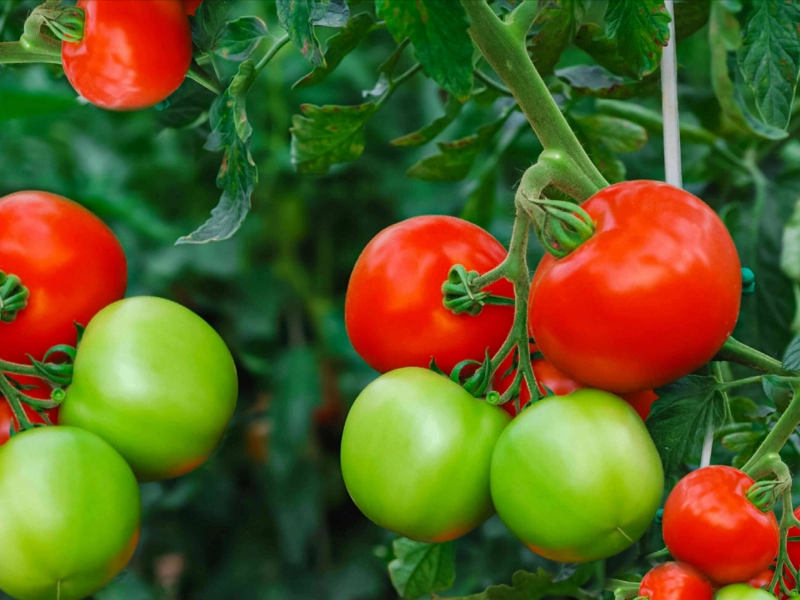
Tomatoes are undoubtedly one of the most tasty and adaptable vegetables in the world. Good tomatoes, whether cherry, beefsteak, or heritage varieties, taste like the sun. They are a mainstay in many cuisines and are extremely simple to grow. In fact, they are so well-liked that they are both the state fruits and vegetables of Arkansas and New Jersey, respectively.
Tomatoes are officially considered fruits because they have seeds, although most people think of them as vegetables. They are used in savory meals alongside meat and other vegetables, which contributes to this. Because of their widespread use, tomatoes can even be found in ketchup and salsa.
When the US Supreme Court heard a case from a food dealer in 1893, the argument over whether tomatoes are a fruit or a vegetable got underway. The owner of a sizable fruit and vegetable store in New York City, John Nix, filed a lawsuit against the port's collector over tomato tariffs. Because they are not frequently consumed with dessert, like fruits are, he claimed that tomatoes should be categorized as vegetables.
The Supreme Court ultimately concluded that although tomatoes meet the biological definition of a fruit (the fleshy, matured ovary of a flower), they should be classified as vegetables because they are frequently served with meat and other savory dishes at dinner. To be clear, peppers, cucumbers, and zucchini are all considered fruity vegetables as well. Tomatoes are not the only fruits that receive this treatment.





